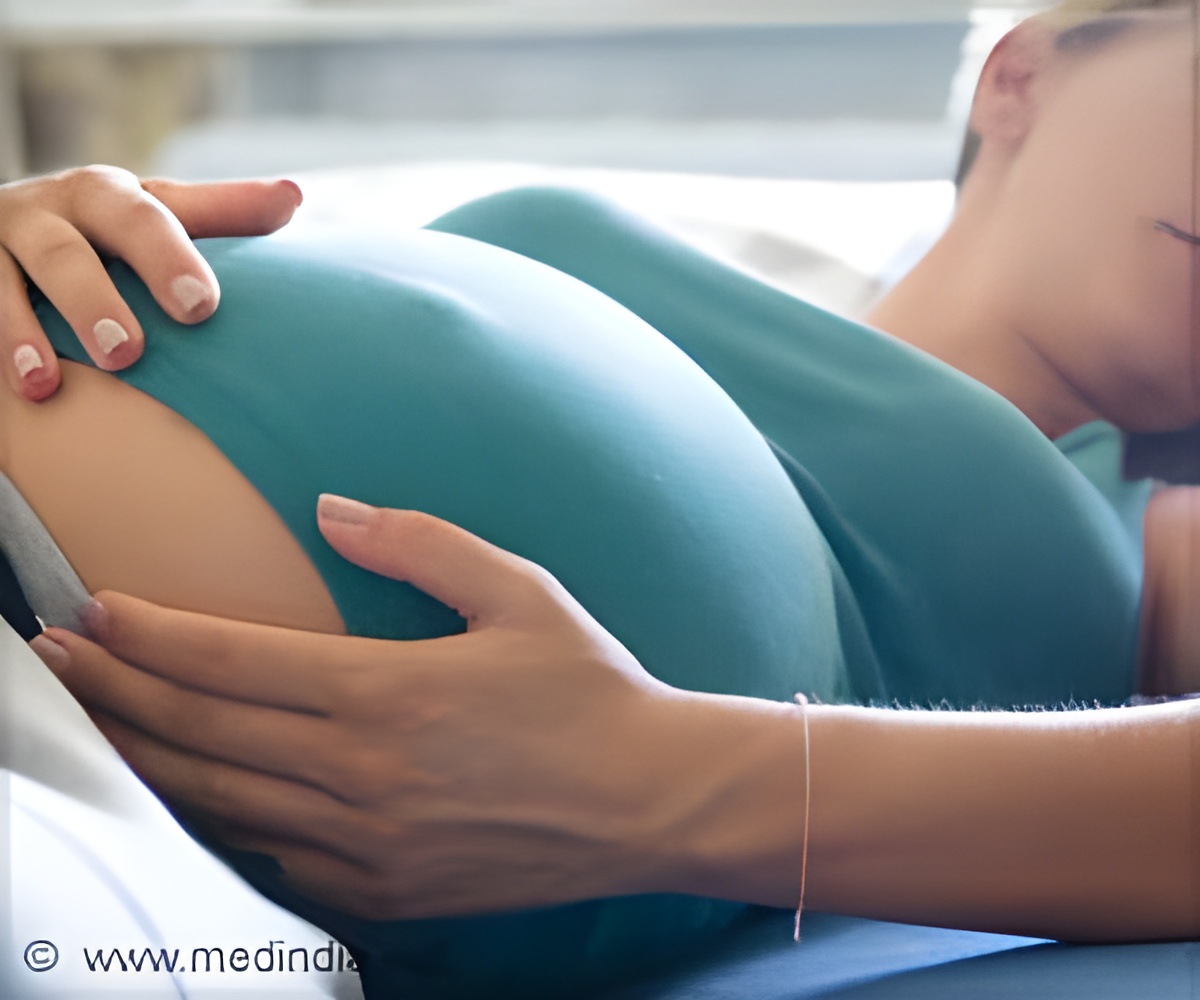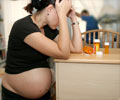Women who deliver their first child by cesarean delivery may be less likely to conceive a second child following first delivery than women who give birth to their first child vaginally.

TOP INSIGHT
Only 69 percent of women who delivered their first child by cesarean, conceived their second child naturally, compared to 78 percent of women who delivered their first child vaginally.
Read More..
The researchers followed women from before the birth of their first child and interviewed them every six months until three years after their first delivery. During each interview, they asked women to report how often they had unprotected intercourse in each of the previous six months.
Kjerulff and colleagues analyzed data from 2,021 women between the ages of 18 and 35 who provided data on unprotected intercourse and resulting conceptions for three years after their first birth. Nearly 600 of those women delivered their first child by C-section and those women were more likely to be older, overweight and obese, shorter, and more likely to have sought fertility advice, testing or treatment.
Approximately 69% of women who delivered by C-section conceived after unprotected intercourse compared to approximately 78% of women who delivered vaginally. Women who delivered by C-section also had a reduced likelihood of a live birth. The association remained after researchers accounted for maternal age, pre-pregnancy body mass index, time to conception of the first child, gestational weight gain, prior induced abortions, diabetes, hypertension, hospitalization during pregnancy and other factors.
Dr. Richard Legro, a coauthor of the manuscript published in JAMA Network Open and chair of the Department of Obstetrics and Gynecology at Penn State Health Milton S. Hershey Medical Center, says that controlling for intercourse was a key strength of the study and allowed the researchers to rule out trauma or lingering pain from C-section. Although the study didn't investigate the reasons for the decreased conception rate, he suspects there may be some physiological reasons.
Based on the findings from this study, Kjerulff and Legro recommend that women under 35 who fail to conceive after a year of unprotected intercourse following a C-section seek medical help. Legro noted the data from this study may be useful for physicians counseling women who elect to have C-sections.
Source-Eurekalert
 MEDINDIA
MEDINDIA




 Email
Email




